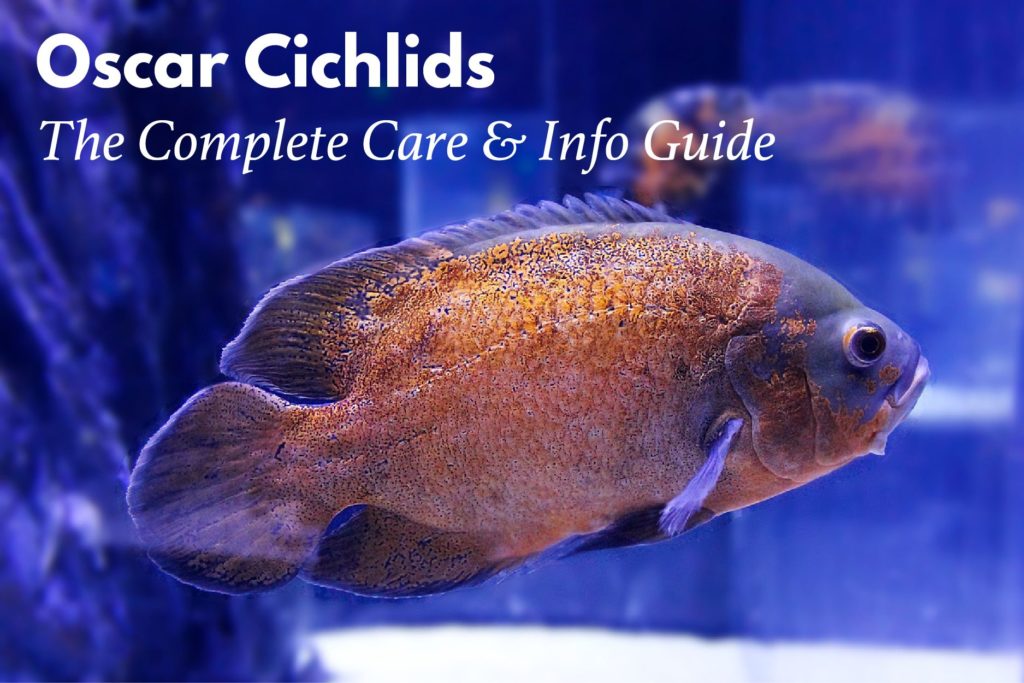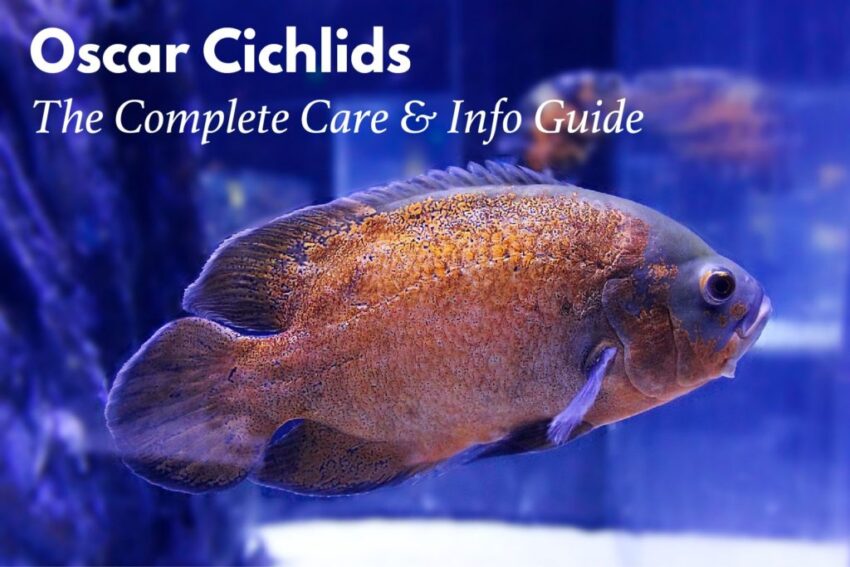
The Ultimate Guide to Oscar Fish Food: Nutrition, Feeding, and Keeping Your Oscars Happy and Healthy
Oscar fish, with their striking personalities and vibrant colors, are a popular choice for experienced aquarium enthusiasts. However, providing these majestic fish with the proper nutrition is crucial for their health, growth, and overall well-being. This comprehensive guide delves into the world of Oscar fish food, covering everything from nutritional requirements to feeding schedules and addressing common feeding mistakes.
Understanding Oscar Fish Nutritional Needs
Oscar fish are carnivorous, meaning their diet should primarily consist of protein-rich foods. While they might nibble on occasional plant matter, their primary nutritional needs are met through animal-based sources. A balanced diet should include a variety of ingredients to ensure they receive all the essential nutrients for optimal health. These nutrients include:
- High-quality protein: This forms the cornerstone of their diet, supporting muscle growth and overall bodily functions. Sources include fish, insects, and crustaceans.
- Healthy fats: Essential for energy production, hormone regulation, and maintaining a healthy immune system. Look for sources like krill and fish oils.
- Vitamins: Crucial for various bodily processes, including vision, immune function, and bone health. A varied diet generally provides sufficient vitamins.
- Minerals: Support bone structure, nerve function, and other vital processes. Minerals like calcium and phosphorus are particularly important.
It’s important to remember that an Oscar’s nutritional needs change as they grow. Young Oscars require a higher protein diet to support rapid growth, while adult Oscars need a slightly lower protein content to maintain their health.
Types of Oscar Fish Food
The market offers a wide array of Oscar fish food options, each with its own advantages and disadvantages. Choosing the right food requires careful consideration of your Oscar’s age, size, and overall health.
1. Pellets
Pellets are a convenient and widely available option. They come in various sizes and formulations, catering to different life stages and nutritional needs. High-quality pellets provide a balanced diet and are easy to feed. Look for pellets that are specifically formulated for Oscars or other large, carnivorous fish.
2. Flakes
Flakes are another common food choice, but they tend to be less nutritious than pellets. Many flakes contain fillers and lower-quality ingredients. While suitable as an occasional treat, they shouldn’t form the basis of an Oscar’s diet.
3. Frozen Foods
Frozen foods, such as bloodworms, brine shrimp, mysis shrimp, and daphnia, offer a great source of live food. These provide variety and enhance the nutritional value of your Oscar’s diet. They should be thawed before feeding and should be a supplement, not a replacement, for high-quality pellets.
4. Live Foods
Live foods, like feeder fish (small fish given as food), are generally discouraged due to potential for disease transmission and inconsistent nutritional value. They also lack the essential vitamins and minerals that a balanced diet should provide.
5. Reputable Brands
Choosing a reputable brand is crucial for ensuring the quality and nutritional value of your Oscar’s food. Look for brands that use high-quality ingredients, clearly list their nutritional content, and are known for producing reliable fish food. Some recommended brands often include Hikari, Omega One, and Fluval.
Feeding Schedule and Amounts
Overfeeding is a common mistake among Oscar owners. Overfeeding can lead to water quality issues, obesity, and various health problems. A general guideline is to feed your Oscar only what it can consume in 2-3 minutes. The amount will depend on the size and age of your fish.
- Fry (young Oscars): Should be fed several times a day with small amounts of high-protein food.
- Juveniles: Can be fed 2-3 times a day.
- Adults: Can be fed once or twice a day.
It’s always better to slightly underfeed than overfeed. Observe your Oscar’s behavior and adjust the feeding schedule accordingly. If the fish doesn’t finish its food within a few minutes, reduce the amount next time.
Recognizing Signs of Nutritional Deficiencies
Several signs indicate your Oscar might be suffering from nutritional deficiencies. These include:
- Lethargy: A lack of energy and reduced activity levels.
- Poor growth: Failure to grow at a normal rate, especially in young Oscars.
- Pale coloration: Fading or dull coloration, indicating a lack of certain nutrients.
- Skin lesions: Open sores or wounds on the skin, potentially due to immune deficiency.
- Fin rot: Damaged or decaying fins, often associated with poor overall health.
If you notice any of these signs, consult a veterinarian specializing in aquatic animals. They can help diagnose the problem and recommend appropriate treatment.
Maintaining Water Quality
Maintaining good water quality is essential for your Oscar’s health and well-being. Regular water changes, proper filtration, and monitoring water parameters (temperature, ammonia, nitrite, and nitrate levels) are crucial. Poor water quality can compromise your Oscar’s immune system and make it more susceptible to diseases.
Variety is Key
Feeding your Oscar a variety of foods is crucial to ensure it receives a balanced diet. This reduces the risk of nutritional deficiencies and helps maintain optimal health. Rotate between different types of pellets, frozen foods, and occasional treats to keep your Oscar engaged and prevent dietary boredom.
Conclusion
Providing your Oscar with the right food is paramount to its health and longevity. By understanding their nutritional needs, choosing high-quality food, and establishing a proper feeding schedule, you can ensure your Oscar thrives in your aquarium. Remember to always monitor your fish’s behavior, adjust feeding amounts as needed, and maintain excellent water quality for a happy and healthy Oscar.
